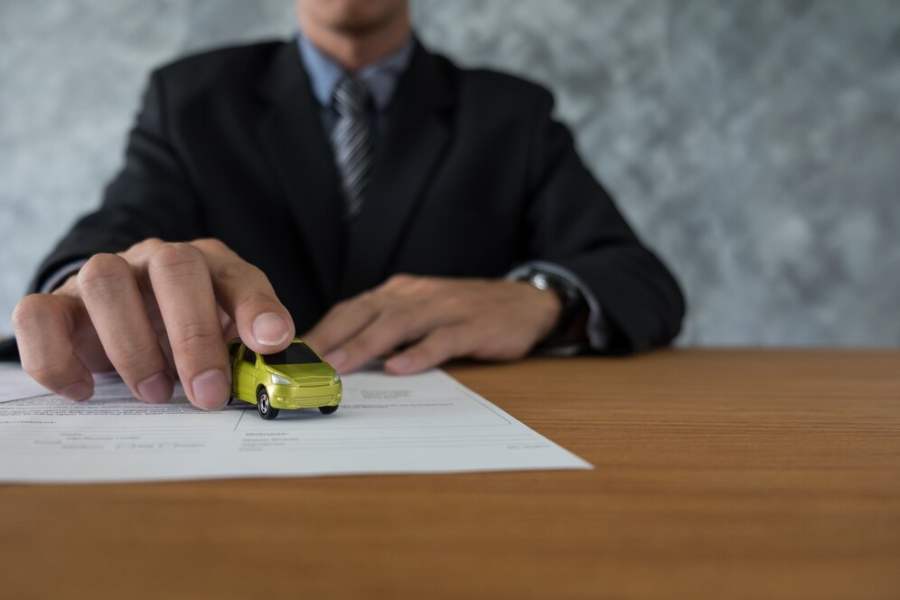In Colorado, car accident lawsuits often hinge on establishing clear liability and proving damages. Witness testimonies serve as crucial evidence that can significantly impact case outcomes. These firsthand accounts provide independent perspectives on what occurred during an accident, offering objective insights that go beyond the potentially biased accounts of the involved parties. Colorado’s comparative negligence laws make witness statements particularly valuable, as they help determine the degree of fault assigned to each party.
Types of Witnesses in Colorado Car Accident Cases
Eyewitnesses to the Accident
Eyewitnesses provide direct accounts of what they observed during the accident. Their testimonies can clarify critical details like vehicle speeds, traffic signal status, driver behaviors, and environmental conditions. Colorado courts typically give substantial weight to unbiased eyewitnesses who have no connection to either party, as their accounts are considered more objective and credible.
Expert Witnesses
Expert witnesses bring specialized knowledge to car accident cases. Accident reconstruction specialists can scientifically explain how a collision occurred, while medical experts can testify about injuries and long-term implications. In Colorado courts, qualified experts must demonstrate relevant education, experience, and methodology that satisfies the Daubert standard for scientific evidence to be admissible.
Character Witnesses
Character witnesses may testify about a party’s reputation, behavior patterns, or lifestyle changes following injuries. While less common in accident cases, they can be valuable in demonstrating how injuries have impacted the plaintiff’s daily life, supporting claims for non-economic damages like pain and suffering.
How Witness Testimonies Impact Liability and Compensation
Establishing Fault
Witness statements often provide critical evidence for determining liability. In Colorado’s modified comparative negligence system, a plaintiff can recover damages only if they are less than 50% responsible for the accident. Clear witness accounts can decisively establish fault percentages, potentially making the difference between receiving compensation or walking away with nothing.
Supporting Injury Claims
Testimonies from medical professionals and observers can substitute injury claims by confirming symptoms, treatment needs, and lifestyle impacts. These accounts help quantify both economic damages (medical expenses, lost wages) and non-economic damages (pain, suffering, loss of enjoyment of life) that forms the basis for compensation calculations.
The Legal Process of Using Witness Testimonies in Colorado Courts
Witness Statements During Pre-Trial
During discovery, attorneys collect written statements and conduct depositions to record witness accounts under oath. These pre-trial testimonies establish the foundation of evidence and often influence settlement negotiations, as parties assess the strength of witness support for their positions.
Witness Testimony in Court
In court proceedings, witnesses answer direct questions from Colorado car accident lawyers and may face cross-examination designed to test their credibility. Colorado judges instruct juries on how to evaluate witness reliability based on actors like consistency, opportunity to observe, and potential bias.
Key Takeaways for Accident Victims
Witness testimonies often make or break Colorado car accident cases, providing critical support for establishing liability and validating injury claims. The most effective approach combines different witness types with solid physical evidence to build an irrefutable case. Accident victims should work quickly with legal representation to identify and secure witness statements before memories fade.


